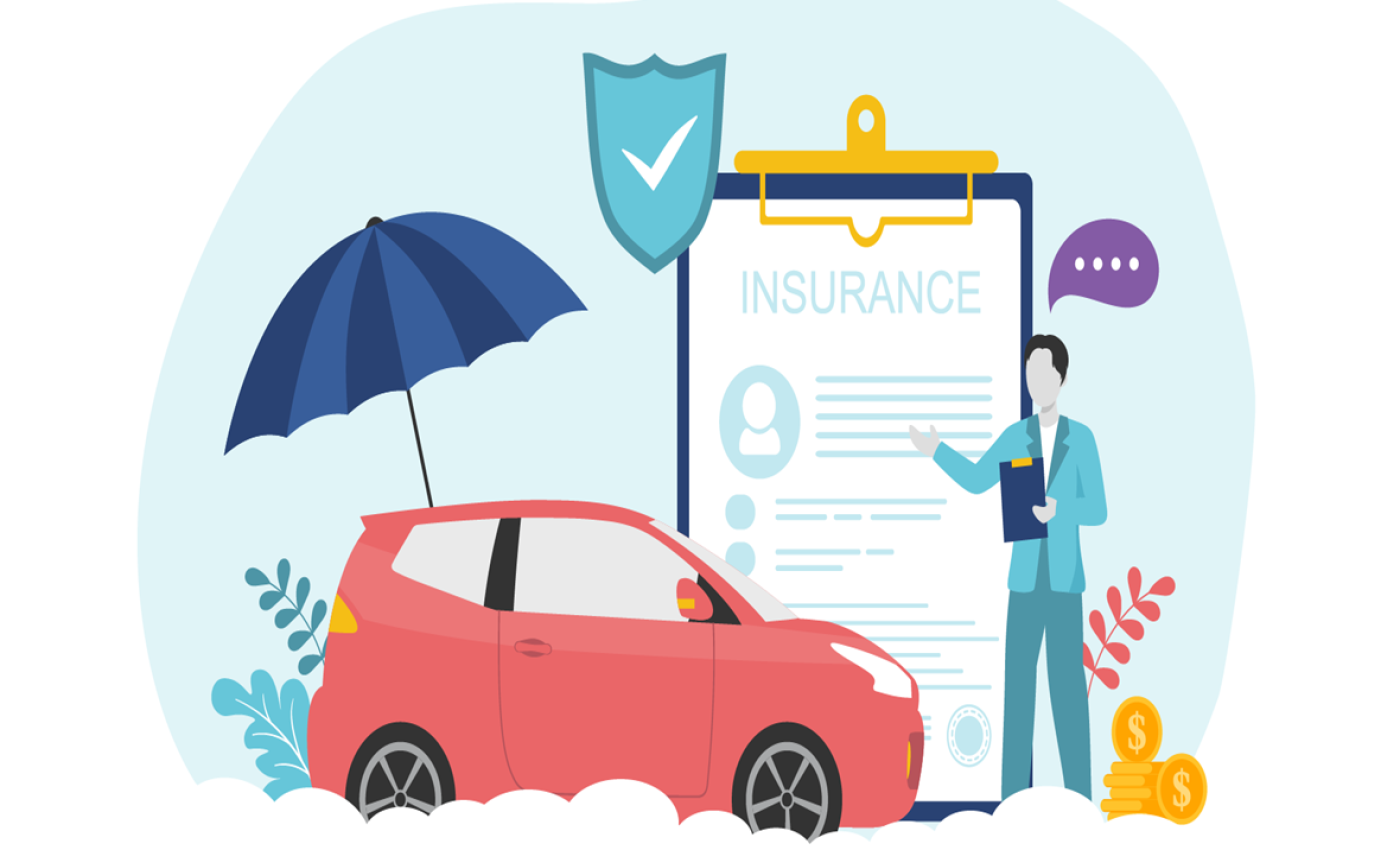Best Usage Based Car Insurance Plans
Since everyone has different driving patterns, why should auto insurance be the same? 🚗 Many drivers are learning that those who travel less, drive responsibly, or follow predictable patterns are frequently overcharged by standard coverage. Usage-based auto insurance can help with that. This kind of insurance rewards safe and conscientious driving with reduced rates by tracking how, when, and how much you actually drive rather than charging a fixed cost based on general statistics.
At 1HR games, we love shining a light on smart financial moves that make everyday life more affordable, and usage based car insurance is one of the best-kept secrets in the auto world. Whether you’re a student who only drives occasionally, a remote worker commuting twice a week, or a careful driver tired of subsidizing risky ones, this guide will show you how these plans can truly save you money without cutting corners on protection.
What usage based car insurance really means
Usage based car insurance (often called pay as you drive or pay how you drive insurance) uses technology to customize your premium. Usually, this involves a small device plugged into your car’s diagnostic port or an app on your smartphone. It records data like your mileage, speed, braking habits, time of day you drive, and even phone use behind the wheel.
The insurer then uses this data to reward safer driving with discounts. Think of it as a modern twist on insurance fairness — you’re judged by your real behavior instead of being lumped into a broad category.
For people who rarely drive or stick to safe hours, this model makes a lot of sense. Why pay the same as someone clocking 30,000 miles a year if you only drive 6,000?
How plans differ from one insurer to another
Not all usage based car insurance programs work the same way. Some are strictly mileage-based, where the fewer miles you drive, the less you pay. Others focus on driving quality, rewarding smooth braking, moderate acceleration, and avoidance of late-night trips.
Major insurers like Progressive, Allstate, and State Farm have popular telematics programs, but smaller companies are also breaking into the space with creative perks. Some even offer cash-back rewards, gift cards, or gamified dashboards that turn safe driving into a challenge.
The best plan for you depends on your habits. If you’re a low-mileage driver, mileage-only plans might maximize savings. If you’re a cautious driver but put in a lot of miles, a behavior-based program could work in your favor.
Who benefits most from usage based car insurance
While anyone can save, certain groups tend to get the biggest benefits:
-
Students who only use their cars on weekends
-
Retirees who drive sparingly
-
Remote or hybrid workers who no longer commute daily
-
Families with multiple cars but not all are used heavily
-
City dwellers who rely on public transit for most trips
In fact, many policyholders see savings of 15 to 30 percent compared to traditional insurance. For some, discounts climb even higher.
Privacy and fairness concerns
Of course, not everyone is thrilled about the idea of being tracked. Data privacy is a valid concern. Most insurers promise that the information is only used for determining discounts and risk, but it’s important to read the fine print.
Still, many drivers feel that trading limited data for lower premiums is worth it. After all, many apps and services already collect location and behavior data without giving you a financial benefit. Usage based car insurance flips the script by actually paying you back for your safe habits.
Real world stories of savings
Take Jenna, a freelance graphic designer who works from home. Before switching to usage based car insurance, she paid nearly $1,400 annually. With her new plan that tracks mileage and smooth driving, she cut her costs to just over $900 a year. That’s nearly $500 saved for the same coverage.
Or Marcus, a retiree in Florida who drives mostly to the grocery store and doctor appointments. By proving his low annual mileage, he slashed his premium by 35 percent compared to his old plan.
Stories like these are increasingly common as more drivers realize how much they’ve been overpaying.
How to choose the right usage based car insurance plan
Start by comparing insurers that offer usage based options in your state. Look for transparency around how data is collected, how discounts are applied, and whether rates could increase based on risky driving. Some programs only reduce your rate, while others may raise it if the data shows aggressive habits.
It’s also smart to ask about trial periods. Some companies let you test the program for a few months before committing, giving you a preview of your potential discount.
And don’t forget to consider customer service, claims satisfaction, and available coverage options. Saving money is great, but you’ll still want an insurer that’s reliable when you need them most.
Usage based car insurance and the future of driving
As cars get smarter and connected vehicles become the norm, usage based car insurance is likely to grow even more sophisticated. Imagine integration with your car’s onboard system or real-time rewards that apply instantly after a safe trip.
For now, the technology is already advanced enough to give careful drivers an edge, but it’s only going to get better. With rising auto insurance costs across the country, more drivers are looking at these programs as a lifeline.
FAQs
What is usage based car insurance and how does it work
Usage based car insurance tracks your driving habits through a mobile app or a small plug-in device. Insurers use this data to calculate your premium, rewarding safer driving and lower mileage with discounts. It makes insurance more personalized and often more affordable.
Who can save the most with usage based car insurance
The biggest savings usually go to students, retirees, remote workers, and anyone who drives less than average. These groups often see discounts of 15 to 30 percent by switching to usage based car insurance.
Does usage based car insurance always lower your premium
Not always. Some insurers only use data for discounts, while others may raise rates for risky driving habits. It’s important to confirm the rules with your provider before enrolling in usage based car insurance.
Is usage based car insurance safe for privacy
Most insurers limit how they use the data and promise it is only applied to insurance purposes. Still, you should review privacy policies carefully before signing up for usage based car insurance.
Can young drivers benefit from usage based car insurance
Yes. Young drivers often face higher premiums, but usage based car insurance can help them prove safe driving skills and earn meaningful discounts faster than traditional policies allow.
How much can usage based car insurance save me per year
Savings vary but many drivers report cutting 15 to 30 percent off their annual premium. Some drivers have reported savings of over $500 annually after switching to usage based car insurance.
Conclusion
Usage based car insurance isn’t just a trendy idea. It’s a practical way to align your insurance cost with your actual lifestyle. If you drive less, drive smarter, or drive safer, you shouldn’t be paying the same as someone racking up thousands of miles aggressively.
At 1HR games, we believe financial choices like this help people feel more in control of their money while protecting what matters most. Next time your renewal comes around, ask about usage based car insurance it might be the key to finally lowering your bill without losing peace of mind.

































1 comment
[…] Best Usage Based Car Insurance Plans That Actually Save You Money […]